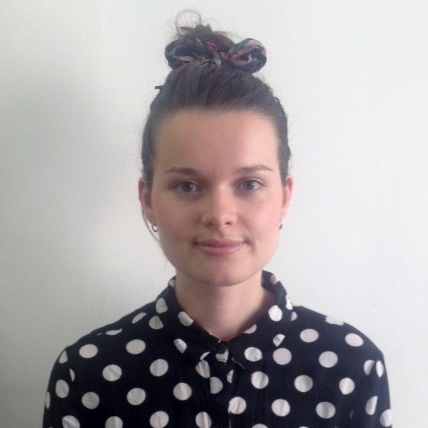COVID-19: Keeping your HIV status confidential from your employer while shielding

By Rosalie Hayes, Senior Policy & Campaigns Officer
In the third edition of our series of blog posts relating to the employment rights of people living with HIV during the COVID-19 pandemic, we examine a case study which highlights issues around shielding and confidentiality.
Please note: we believe the scenario below may have relevance for others in similar situations and therefore we hope this blog post will be of assistance as a free information resource. It cannot, however, be a substitute for legal advice about your employment rights based on your own particular circumstances. If you think you have experienced discrimination from your employer, do get in touch with NAT and we can provide you with advice and signpost you to further sources of support.
A woman who was recently diagnosed with HIV contacted us for advice. At the beginning of the COVID-19 pandemic, Sally’s* clinic had sent an email to show to her employer that she needed to shield for twelve weeks. Initially she was put on furlough so didn’t need to share the email, but her furlough is ending soon and she needs to continue shielding. The email identifies that Sally is living with HIV, and she asked the clinic for a more confidential letter but was told this couldn’t be provided. She lives in a rural, tight-knit community so has not disclosed to her GP. Sally doesn’t want her employer to know she is living with HIV but also doesn’t want to risk going into work when she should be shielding.
Shielding
People living in England with a condition on the Chief Medical Officer’s list of those at highest clinical risk will have been sent a letter advising them to shield. This list does not include HIV and there are no plans to amend this list. However, updated guidance[i] from 12 April 2020 includes a mechanism to add people to this list where a clinician has identified a patient they consider to be at highest clinical risk from COVID-19. The British HIV Association have provided information on what criteria HIV clinicians should use to determine whether their patient should be added to the shielding list and how to add them to the list – it is important to note that most people living with HIV will not meet these criteria.
Confidentiality
The benefit of the shielding letter is that it does not go into the specifics of your health condition, as you can see from the template version of the letter. In usual circumstances, if you were receiving a fit note from a GP or your HIV clinician, you can request amendments to the letter if you think it includes information that is inaccurate or not relevant – although they are not obliged to agree to these amendments.[ii] But in this case, since the HIV clinic has advised Sally to shield, they should ensure she is provided with a shielding letter so she is also able to access the associated support.
*Not her real name


